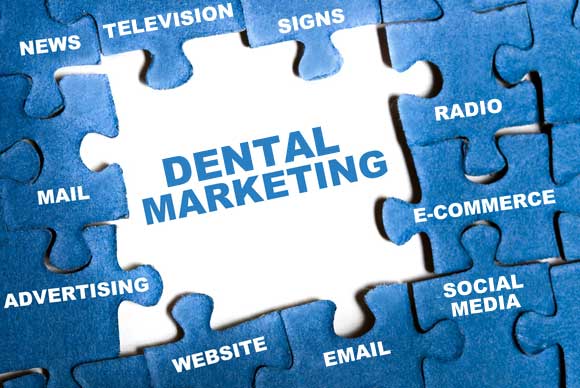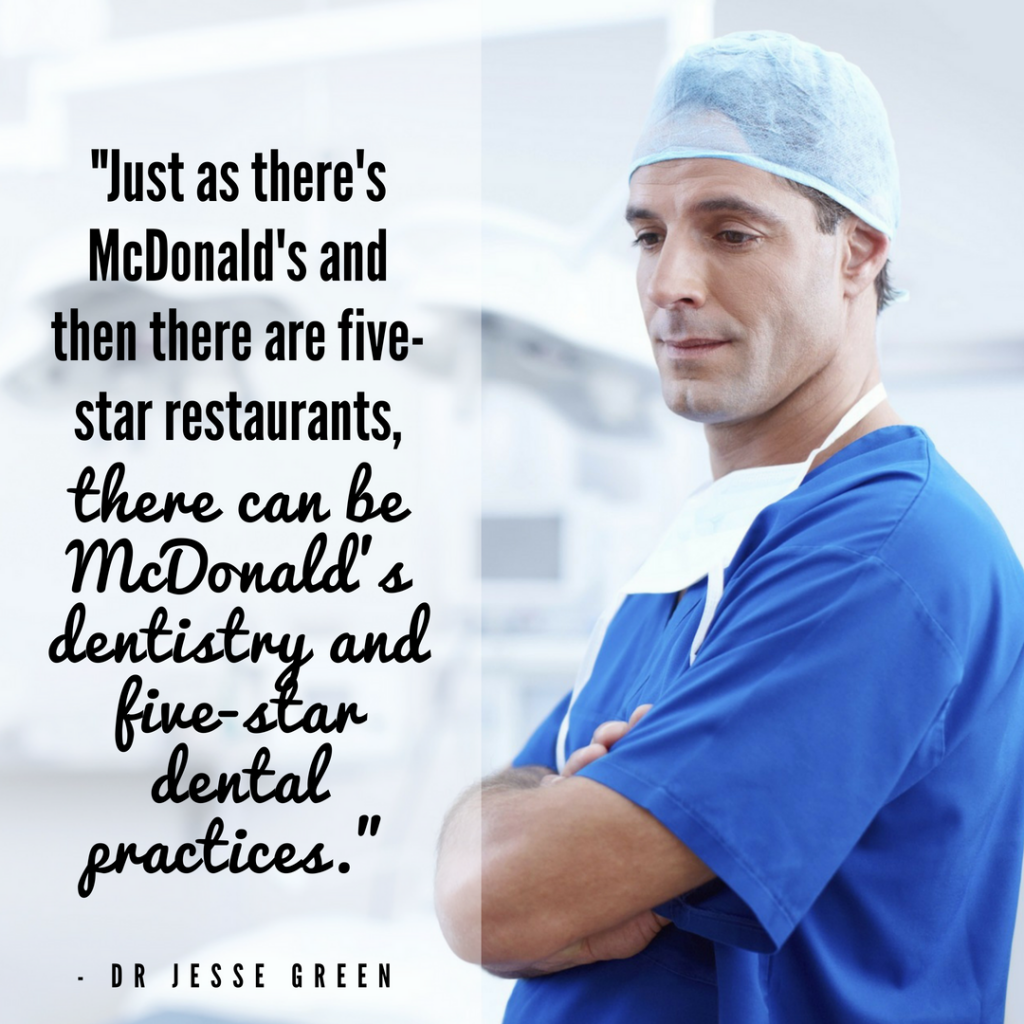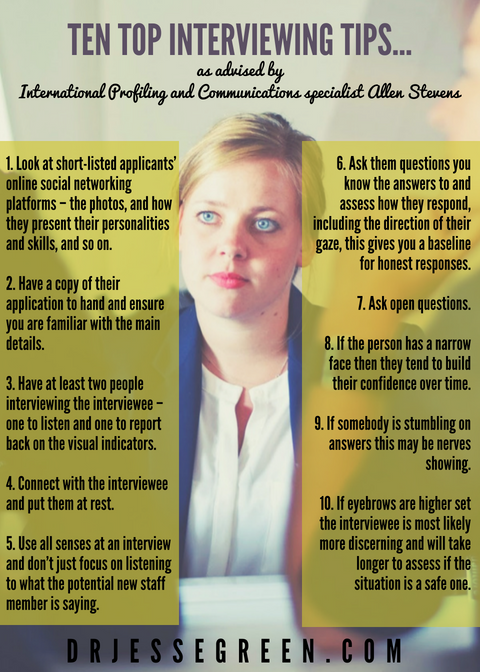Something I hear brought up a lot in the dental world lately is the idea of creating a “true business”. I’m all for that.
Let’s dive in…
The Three Kinds of Dental Practices
I really see three kinds of practices that come across my path. The first is a start-up practice still in its infancy. The dentist may be working there part-time and supplementing their income by working at another practice. That’s not on my radar today.
I will be talking about dentists with established practices that are making money. The biggest challenge I hear is that even if they are making money, it’s at the expense of their time. These dentists feel like the practice owns them instead of vice versa. Now it feels a whole lot like a job. The problem with this practice business model is that it’s not really a business. It’s self-employment. It’s creating a job.
For some dentists, that’s okay. Many people love their clinical work and want to continue it. For those practice owners, the key is to make sure you build a great support system around you so you can do what you love – clinical work.
What is True Business Ownership?
What I want to talk about is true business ownership. The fundamental difference between self-employment and a true business is that in a self-employment situation, it’s key person dependent. Meaning that if one person stops going to work, the whole show comes to a standstill.
The risk here is that if that one person burns out, gets sick, or gets tired and frustrated, the practice can’t reach its full potential.
True business ownership, rather than being key person dependent, is systems and team dependent. The fundamental difference is that the owner isn’t tied to the business. If the owner is away for whatever reason, the business continues to thrive.
Changing Gears Keeps the Engine from Burning Out
Imagine you’re driving from Sydney to Melbourne. You put the destination in your GPS. Then you try to drive there in second gear. You hit an upper limit. You’re going to hit a speed where the engine’s burning.
A dentist practice based on self-employment is the same way. You will hit a plateau. You’re going as fast as you can, but many practice owners will begin to burn out.
Making a gear change is switching a self-employment practice to a true business ownership. Instead of being the person that provides great care to patients day in and day out, they become the person who’s now able to build and lead a high-performance team. That’s a very different skillset to dentistry. This isn’t something that’s taught in dental school. Most people learn it through osmosis.
But there are 5 keys to making the gear change from self-employment to business owner.
Key #1: Model Over Mindset
I’m all for making sure that we’re thinking positively, associating with good people in an upward spiral, and developing ourselves. It’s a critical part of success. But – here’s the big ‘but’ – you can have the best mindset, but if you have the wrong business model, you’re enthusiastically climbing up the wrong ladder up the wrong tree.
What I mean in terms of business model is make sure you know what you’re creating from the outset. If you want a true business, work towards that from the outset. If you want to create a true business, it’s about making sure you have the infrastructure, the resources, and the team to take you there. The question you should ask yourself is, “Who do I need to help me achieve this?”
Key #2: Business Growth Never Outstrips The Growth of the Owner
Building the skillsets you need to be able to curate and lead a high-performance team is fundamental. The rate-limiting factor of business growth is always linked to the growth of the business owner so invest in yourself. Invest in your ability to lead, your ability to manage and delegate, your ability to grow a team and inspire them.
Key #3: Focus on Focus
Understand that as a business owner you only have 24 hours in a day and two hands. Use your time wisely. It is the only non-renewable resource. This goes back into the ‘who’ question from Key #1.
If you mapped out all of your tasks and categorised them, where are you spending your time? If you’re doing admin or clerical work, it can be outsourced for around $30 an hour. There is where you change gears. Take your foot off the accelerator. It’s about finding people who can deliver great care to your patients.
Key #4: Remember Business is an Intellectual Sport
Take time to think deeply and critically. Your business will require analysis. Set aside just an hour a week to ask your unasked questions. Brainstorm answers. When you are doing this, review your assumptions. We all have them, but it’s important to be aware of them.
One of my favourite exercises is to ask, “What am I not seeing? What am I missing? What could blindside me? How do I mitigate the risk?”
Key #5: Running a Business Is Not a Science
Unlike clinical dentistry is very precise. It requires a high degree of perfectionism. This is something I see applied to the business side of things incredibly frequently. However, businesses are much less precise. Running a business is like raising a family. There’s got to be room for play, a bit of chaos, and someone skinning their knee.
If this is something you struggle with, I discuss how to learn to live with perfectly imperfect in this blog post.
Final Words…
For anyone who is thinking, “I really want to make that gear shift,” these 5 key points are food for thought.
I’d encourage you to take heed because, in every journey that we’ve helped people on, these five key things have been what have separated the people who made the gear change and accelerated to a true business and those who stalled midway before retreating back.
P.S. Whenever you’re ready …. here are 4 ways I can help you grow your dental practice:
- Grab a free chapter from my book “Retention – How to Plug the #1 Profit Leak in Your Dental Practice”
The book is the definitive guide to patient retention and how to use internal marketing to grow your practice – Click Here
- Join the Savvy Dentist community and connect with dentists who are scaling their practice too
It’s our Facebook group where clever dentists learn to become commercially smart so that they have more patients, more profit and less stress. – Click Here
- Attend a Practice Max Intensive live event
Our 2 day immersive events provide access to the latest entrepreneurial thinking and actionable strategies to drive your practice forward. You’ll leave with a game plan to take your results to the next level. If you’d like to join us, just send me a message with the word “Evou’d like to work directly with me and my team to take your profit from 6 figures to 7 figures …. just send me a message with the word “Private”… tell me a little about your practice and what you would like to work on together, and I’ll get you all the details! – Click here



















